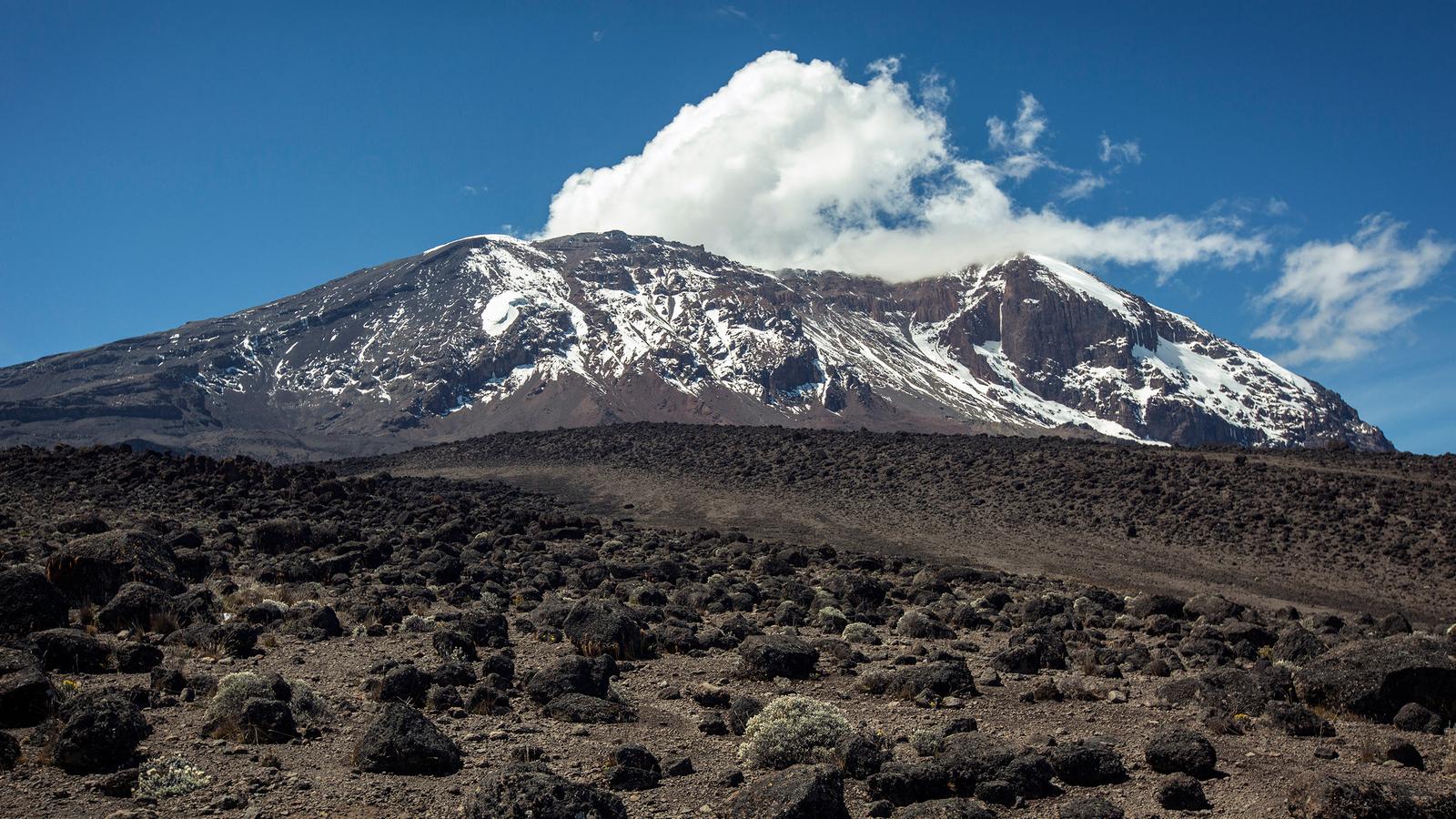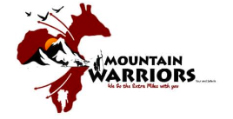Vaccines & Immunisations
Essential Kilimanjaro Climbing Preparation: A Guide to Vaccines & Immunisations
Kilimanjaro, the highest peak in Africa, is a dream climb for many trekkers and mountaineers. While the physical challenge is demanding, preparing for the climb also involves a significant amount of planning, including obtaining the necessary vaccines and immunizations. In this guide, we will provide all the information you need to know about Kilimanjaro climbing preparation, vaccines, and immunizations.
Why are Vaccines & Immunisations Important for Kilimanjaro Climbing Preparation?
Vaccines and immunizations are a critical part of preparing for a successful and safe climb to the summit of Kilimanjaro. Not only do they protect you from diseases that are prevalent in the region, but they also help to prevent the spread of illness to other climbers and local communities.
Protecting Yourself from Regional Diseases
Tanzania, the country in which Kilimanjaro is located has a high incidence of certain diseases such as malaria, yellow fever, and typhoid fever. Getting vaccinated against these diseases before the climb is essential to minimize the risk of contracting them during the trip.
Preventing the Spread of Illness
Kilimanjaro is a popular climbing destination, and the crowds can lead to the spread of illness if proper precautions are not taken. By getting vaccinated and practicing good hygiene, you can help to prevent the spread of disease to other climbers and local communities.
Recommended Vaccines & Immunisations for Kilimanjaro Climbing Preparation
There are several vaccines and immunizations that are recommended for Kilimanjaro climbing preparation.
Some of the most important include:
Yellow Fever: Yellow fever is a serious and potentially fatal disease that is transmitted by mosquitoes. All travelers to Tanzania, including Kilimanjaro climbers, are required to provide proof of yellow fever vaccination.
Malaria: Malaria is a disease caused by parasites that are transmitted through the bite of infected mosquitoes. While there is no vaccine for malaria, preventive measures such as taking antimalarial medication and using insect repellent can help to reduce the risk of infection.
Typhoid: Typhoid is a bacterial infection that is spread through contaminated food or water. A typhoid vaccine is recommended for all travelers to Tanzania, including Kilimanjaro climbers.
Diphtheria, Tetanus, and Pertussis (DTP): These bacterial infections can be prevented through vaccination. A booster shot is recommended every 10 years.
Hepatitis A and B: These are viral infections that can cause liver disease. Both vaccines are recommended for all travelers to Tanzania, including Kilimanjaro climbers.
When to Get Vaccinated & Immunised for Kilimanjaro Climbing Preparation?
It is recommended that travelers get vaccinated and immunized at least 4-6 weeks before their trip to Kilimanjaro. This allows enough time for the vaccines to take effect and provide maximum protection.
What to Expect During a Vaccination Appointment
During a vaccination appointment, you will be asked about your medical history, including any previous vaccinations or medical conditions. The healthcare provider will then recommend the appropriate vaccines and immunizations based on your individual needs.
Importance of Keeping a Record of Vaccinations
It is important to keep a record of all the vaccines and immunizations you receive, including the dates and types of shots. This record can be useful in case you need to provide proof of vaccination for entry into certain countries or for future travel plans.
Are There Any Side Effects of Vaccines & Immunisations for Kilimanjaro Climbing Preparation?
Like with any medical procedure, vaccines and immunizations can sometimes cause side effects. However, these side effects are usually mild and temporary. Common side effects of vaccines include pain and redness at the injection site, fatigue, headache, and muscle aches.
When to Seek Medical Attention
In rare cases, serious side effects can occur after vaccination. If you experience severe symptoms such as difficulty breathing, hives, or swelling of the face and throat, seek medical attention immediately.
FAQs on Kilimanjaro Climbing Preparation “Vaccines & Immunisations”
Q: Do I need to get vaccinated for Kilimanjaro climbing?
A: Yes, it is recommended to get vaccinated and immunized for Kilimanjaro climbing to protect against diseases that are prevalent in the region and to prevent the spread of illness to other climbers and local communities.
Q: What vaccines are required for Kilimanjaro climbing?
A: The required vaccines for Kilimanjaro climbing include yellow fever, typhoid, and DTP. Vaccination against hepatitis A and B, and malaria preventive measures, are also recommended.
Q: When should I get vaccinated for Kilimanjaro climbing?
A: It is recommended to get vaccinated and immunized at least 4-6 weeks before the trip to Kilimanjaro to allow enough time for the vaccines to take effect.
Q: Are there any side effects of vaccines and immunizations for Kilimanjaro climbing?
A: Side effects of vaccines and immunizations for Kilimanjaro climbing are usually mild and temporary, including pain and redness at the injection site, fatigue, headache, and muscle aches. However, in rare cases, serious side effects can occur, and medical attention should be sought immediately if this occurs.
In conclusion, preparing for Kilimanjaro climbing involves not just physical training and proper gear, but also taking care of one’s health through vaccinations and immunizations.
While the side effects of vaccines and immunizations can be mild, they provide a vital layer of protection against diseases that are prevalent in the region. With the right preparation and planning, climbers can tackle the challenge of Kilimanjaro and reach the summit with confidence, knowing that they have taken all necessary precautions to stay healthy and safe during the journey.
It is also important to keep a record of all the vaccines and immunizations received, including the dates and types of shots. This can be useful for proof of vaccination when entering certain countries or for future travel plans.
If you have any questions or concerns about getting vaccinated for Kilimanjaro climbing, consult with a healthcare provider who can provide you with the latest information and advice.
So, gear up for your Kilimanjaro climbing adventure and make sure to include vaccinations and immunizations as part of your preparation.
The journey to the top will be challenging, but with the right preparation, you’ll be able to tackle the challenge and reach the summit with a sense of accomplishment. Climb on!
EXCELLENTVerified Experience of a lifetime! Easily the most challenging and rewarding thing I've ever done and probably ever will do. From start to finish the team supported us with everything from carrying our heavy luggage up the mountain and preparing all our meals to patting our hands and feet to promote good circulation and singing to us on summit night. The attention to detail concerning our health was excellent and gave me the confidence to (in spite of my asthma) push my limits and succeed on this hike. We made life-long friends, and will return to beautiful Tanzania one day soon. Would absolutely recommend this trip (it was a pre-weddig honeymoon for my husband and I and we wouldn't change our choice of activity/destination) and your chances are far greater with this team around you!!Verified The best trip of my lifetime!! This trip was absolutely amazing and this was thanks to Gasto and his team! The best adventure my sister and I have been on and we are forever greatful. Gasto and his team made sure everything was perfect and he succeeded!!!! Thank you so much for the best trip of our loved :)Verified Amazing trip Thank you so much Gasto for getting ilus to the top od Kili! Your enthusiasm and expertise and singing pushed us to the summit!! XxxVerified Kilimanjaro: Perfect Experience, Excellent Guide, 100% Authentic A trip of a lifetime! Gasto and his crew were wonderful and ensured our safety and summit to Kilimanjaro. We learned about his culture and the surrounding areas of Kilimanjaro. Each meal was prepared fresh and served hot. Our group did not worry for anything, as all our needs were met and tended to each day. Gasto explained the flora and fauna as we trekked up the mountain - demonstrating their cultural respect of the land and mountain. The huts were very comfortable, the beds cozy, and they even had pillows! Be prepared to experience some of the most breathtaking views, beautiful people, and summiting the highest peak in Africa - Kilimanjaro. It's wicked cold - bring warm jackets! Highly recommend Gasto and his crew - would go back again and again!Verified Kilimanjaro climb Gasto and his team were great, made the trip amazing especially on summit night when they were so encouraging to everyone in the bitter cold.Verified Adventure of my life! Gasto and the team were professional, good entarteiner, excellent food, and took care of us all so we felt safe. I will never forget this adventure and I will recommend Gasto and his team if you want to climb Kilimanjaro.Verified Awesome Experience with an Experienced Guide This is one of those once in a lifetime experiences. It was epic and was made even more so by the friendliness and expertise of our guide. Gasto was energetic, fun to be around, and very knowledgeable about Kilimanjaro. I really enjoyed getting to know him a little more as he guided us to the summit. I know I wouldn’t have made it up without his gentle prodding and endless patience. If I did do this again (and that is a big maybe) I’d go with Gasto again.Verified Absolutely stunning experience with EXCELLENT guidance Last January, I travelled to Tanzania in order to climb Mount Kilimanjaro. First and foremost, this was one of the most epic trips in my life. An awesome climb in a surreal and stunning natural environment. But what made this trip even more special were the people. We had a lovely group and our guides were just excellent too. Gasto helped us a lot to get up the mountain. Moreover, he is so knowledgable about Tanzanian culture, nature etc. and helped me learn a lot about the country. If you are planning to climb Kilimanjaro, I can warmly recommend doing that with Gasto as your guide. My expectations were exceeded on all the levels and I would do it all over again. The feeling of standing on that mountain was the highlight of my year so far and is something I will cherish for the rest of my life.Thank you Gasto for everything!Verified Experience of a lifetime Brilliant experience. Great balance of a real challenge, mixed with an unbelievably supportive crew who made you believe it was certain you would reach the summit.Our crew, including Gasto, were inspirational, kind and fun, all whilst maintaining an incredibly professional approach. My wife and I felt completely secure with their support and they truly made a big impact on the trip. From keeping morale high on difficult treks with singing and chanting, to being quick to provide support - extra food and water - throughout.They administered their safety responsibilities with diligence and helped us navigate moments where we felt unwell or began feeling the altitude. The work these people put in to enable people like us to go on such a brilliant trip is something to behold. Carrying significant weight and cumbersome packs, whilst heading up difficult terrain is so impressive.Thank you Gasto and all the team for a trip of a lifetime, which I’ll never forget.TimVerified Best experience in my life Outstanding experience, Gasto and the Team were always helpful, attentive and kept us marching pole pole. I’d recommend them and would go back with them. Absolutely best experience in my life.

